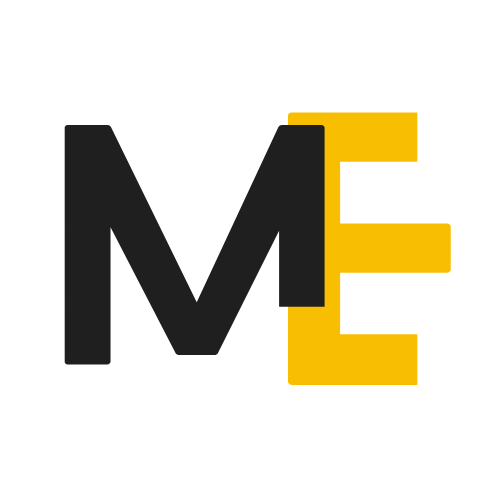Featured Publication
How Uber Scaled Quality Hiring: Interview with Ana Recio, VP of Global Talent Acquisition at Uber
Learn how the VP of Global Talent Acquisition at Uber, drives data-backed hiring strategies, AI integration, and scalable recruiting solutions at Uber.
From AI Frontiers to Global Strategy: How HR Leaders Are Tackling 2025’s Biggest Challenges
Key HR trends: AI in HR, global expansion, recruiting strategy, Gen Z expectations & hybrid work. Insights to shape the future of work.
Building a Strong Employer Brand: Attracting and Retaining Top Talent
Learn key strategies for building a strong employer brand to attract, develop, and retain top talent, fostering a positive work environment and long-term success.


















